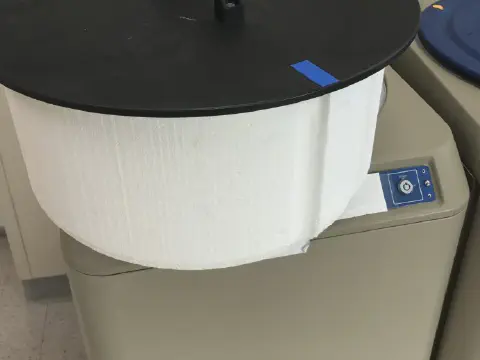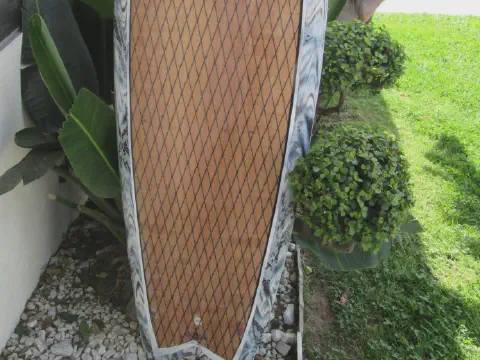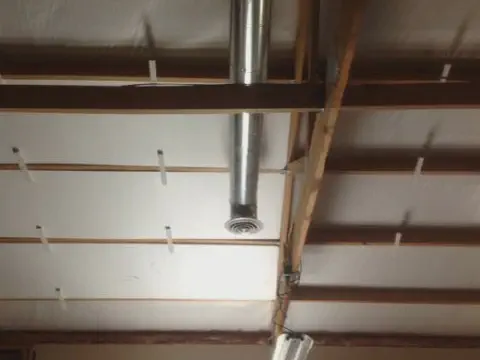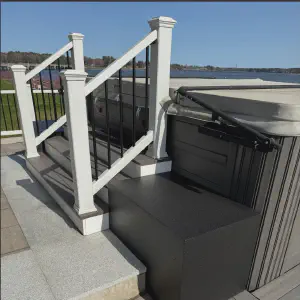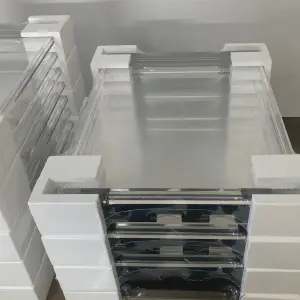
There are three different types of foam board insulation commonly used in the construction industry. Some are used interchangeably and others are only used for specific applications. The three different materials are EPS (expanded polystyrene), extruded polystyrene and polyisocyanurate.
EPS (expanded polystyrene)
EPS is the most economical of the form board insulations and is used in the widest range of applications. It is available in densities from just under 1 lb per cubic foot to 3 lbs per cubic foot. The R-Value ranges from 3.3 to 4.7 depending upon the density. The Type I EPS has an R-Value that is almost identical to that of fiberglass insulation. Other densities have a higher R-Value. EPS foam insulation is available from ¼” to 36” thick x 48” wide and lengths up to 24’ in some parts of the US. It is also available in almost any two dimensional shape. EPS is by far the most versatile foam insulation board on the market.
XPS (extruded polystyrene)
There are four major manufacturers of extruded polystyrene in the United
State. Each one is distinguishable by its color. DuPont Chemical produces
STYROFOAM™ Brand extruded polystyrene that is commonly referred to in
the construction industry as blue board. Owens Corning produces extruded
polystyrene that is pink, Diversifoam’s product is yellow and Pactiv’s
is green. The R-Value of extruded polystyrene is 5 per inch and it is
available in compression strengths ranging from 15 psi @10% deformation
to 100 psi @ 5% deformation. All manufacturers do not make all
densities.
Extruded polystyrene is more expensive than expanded polystyrene. It is
only available in 24” x 48” and 48” x 96” panels ranging from ¾” thick
to 4” thick depending upon the compression strength.
Polyisocyanurate
Polyisocyanurate has the highest R-Value of any of the foam board insulation materials. The R-Value is generally 6 per inch but it can be higher, depending upon the product and application. It can also be purchased in very high compression strengths. It is most commonly used in commercial roofing applications because it provides the highest R-Value with the least amount of material. It is available in a range of thicknesses and can be cut in custom sizes and shapes for specialty projects. It is more expensive than EPS or extruded polystyrene in the lower compression strengths. Polyisocyanurate is not used in applications where it could come into contact with the ground or be exposed to the elements.
